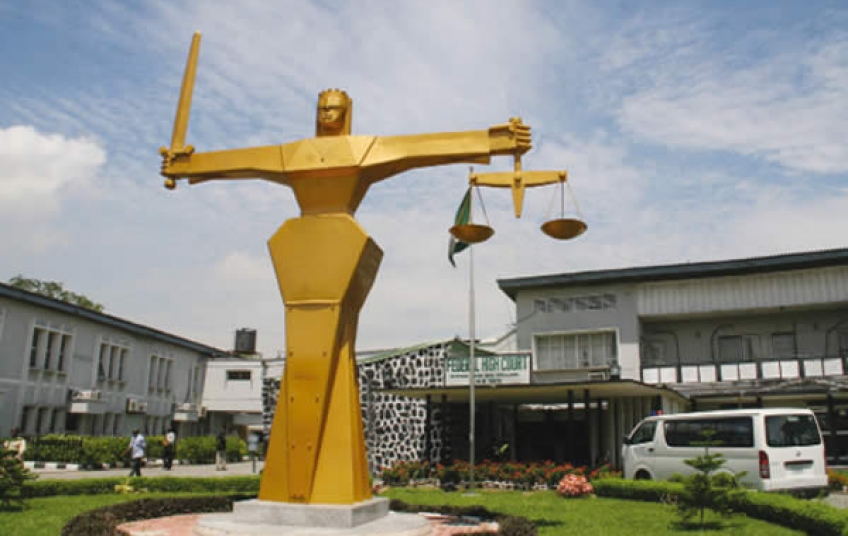Fulani Herdsmen Drag Makinde, Assembly To Court Over Anti-grazing Law
Fulani herders in Oyo State have dragged the Oyo State Governor, Seyi Makinde and the state House of Assembly to court over the passage of anti-open grazing law, saying it is a gross violation of their fundamental human rights.
The herders, under the auspices of Gan Allah Fulani Development Association of Nigeria, also joined the Attorney General and Commissioner for Justice in the state in the suit.
The state had enacted the law in the second half of last year with the aim of sanitizing herding and ending farmer-herder clashes in the state.
The Fulani herders faulted the move at the time but the House of Assembly insisted that the law was not aimed at frustrating their business but to create a sound platform for peaceful co-existence among residents and also make it easy to identify intruding herders who are believed to wreak havoc every time they find their way into the state.
The Assembly also held a public hearing on the bill before passing it.
Several interested individuals and groups submitted memoranda which were considered before the bill was passed.
The law makes it compulsory for herders to register with the government. Identity cards are issued with their personal details fully captured for full identification and tracking for crime control.
But the Fulani herders in the suit marked M/744/2019 want the court to declare the law illegal, unconstitutional, null and void.
They also prayed the court to grant them an order of perpetual injunction restraining all the “respondents, whether by themselves, their servants, agents, officers or otherwise from carrying out any acts or omission which is likely to aid the enactment or even enact or pass the purported anti-grazing bill into law as this would amount to a denial of their fundamental rights guaranteed under the constitution of Nigeria”.
They also want the court to declare the law as a coordinated attempt or strategy at curtailing their livelihood and frustrating their lives which they interpret as a breach of, particularly Section 33 (1) of the 1999 Nigerian constitution as amended.





